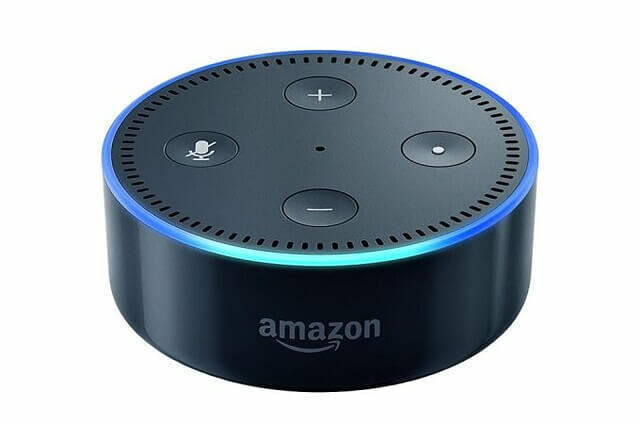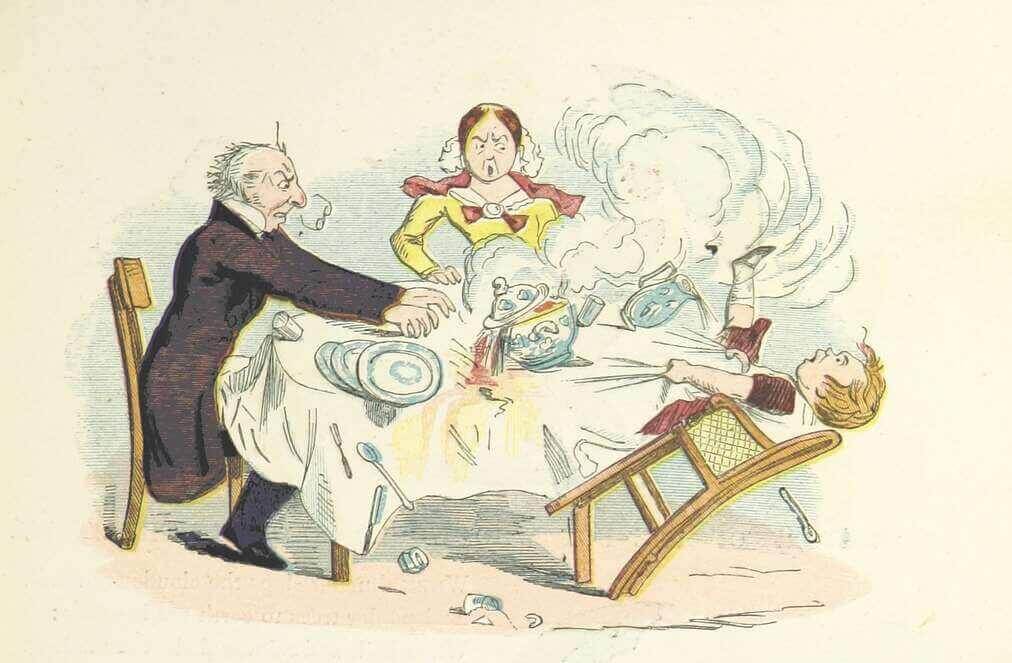Scholastic research shows that humor in books is the top characteristic kids look for when making their reading selections. According to the Scholastic Kids & Family Reading Report, more than 50 percent of children say they look for books that make them laugh. Parents feel similarly: 47 percent of parents say they want their kids’ books to be funny. When humor is involved, the whole family enjoys reading more.
Funny kids’ books provide a positive and uplifting interaction that encourages regular reading habits.
When children enjoy what they read, they’ll want to read more — but funny books are more than just a means of entertainment. They can be a doorway to better reading comprehension, improved social-emotional skills, and overall well-being.
Benefits of Humor in Books for Children
Humor ‘Makes Teaching Stick’
Humor plays a big role in a child’s stages of development. How a child uses humor is a reflection of their developing cognitive and linguistic abilities. Introducing children to humor through books is one way to build lasting skills.
Wollman said: “Humor can be an effective way to improve retention, or ‘make teaching stick,’ in kids from kindergarten through college. After all, humor triggers our sense of wonder, which is the root of all learning.”
Humor is empowering.
Humor also gives kids the confidence to try new things. By reading about characters who slip up or fail in an amusing way, or who take many attempts to succeed, children feel more comfortable embracing their fears and hesitations.
Newman says: “Humorous books can be empowering for young readers. Rather than being overtly told that they need to behave in a certain way, these stories show that it’s okay to make mistakes! Kids can relate to characters like Junie B. Jones and Greg Heffley (the Wimpy Kid), who mess things up in hilarious ways.”
Through funny books, children also get a window into what it’s like to be an adult.
Humor Is Therapeutic
A good joke is better when it’s shared. In this way, reading becomes a group activity when children can share the laughs — and form bonds.
Wollman says: “Humor is also inherently social, and it’s highly contagious. Whenever young readers connect over funny books, like Dav Pilkey’s Captain Underpants and Tedd Arnold’s Fly Guy, they’re also engaged in authentic community building.”
But perhaps the most enduring legacy of funny kids’ books is their ability to help children navigate difficult times and difficult situations. Laughter may enhance a child’s literacy in many ways, but it’s the old expression “laughter is medicine” that hints at its true benefits.
Navkiran Dhaliwal is a seasoned content writer with 10+ years of experience. When she's not writing, she can be found cooking up a storm or spending time with her dog, Rain.


